Protecting
The
Resource
Learn more about the grants and funding
NC fishermen partner with state and federal agencies to establish fishery management plans & harvest quotas for marine species. Carteret Catch supports this interaction.
North Carolina fishermen follow state and federal regulations that sustain the fisheries of the rivers, sounds and oceans as a food source for people. North Carolina has traditionally ranked among the country’s top ten seafood-producing states. Nearly 1,850 commercial fishermen in Carteret County make their living from North Carolina’s coastal and estuarine waters.
In North Carolina, the Division of Marine Fisheries is responsible for monitoring fish stocks, enforcing conservation regulations and protecting marine habitats. Fishermen must be licensed to harvest seafood, and they can sell their catch only to seafood dealers who are also properly licensed. The seafood dealers must fill out a form, called a trip ticket, that shows the type of catch, the amount, the harvest location, and the gear used to haul the catch. A trip ticket must be completed as soon as a seafood dealer receives a fisherman’s harvest. All trip tickets are forwarded monthly by dealers to the Division of Marine Fisheries. The North Carolina Trip Ticket Program is one of the best harvest-tracking programs in the United States. The National Marine Fisheries Service, which conducts monitoring activities at the federal level, receives trip ticket information directly from the North Carolina Division of Marine Fisheries.
North Carolina fishermen partner with state and federal agencies to establish fishery management plans and harvest quotas for fish and shellfish. Through state and federal programs, fishermen have the opportunity to collaborate with regulatory agencies and university scientists to conduct fisheries and harvest gear research that protect marine species and the coastal environment. These opportunities are yet another way fishermen enhance their role as responsible stewards of our valuable marine resources.
